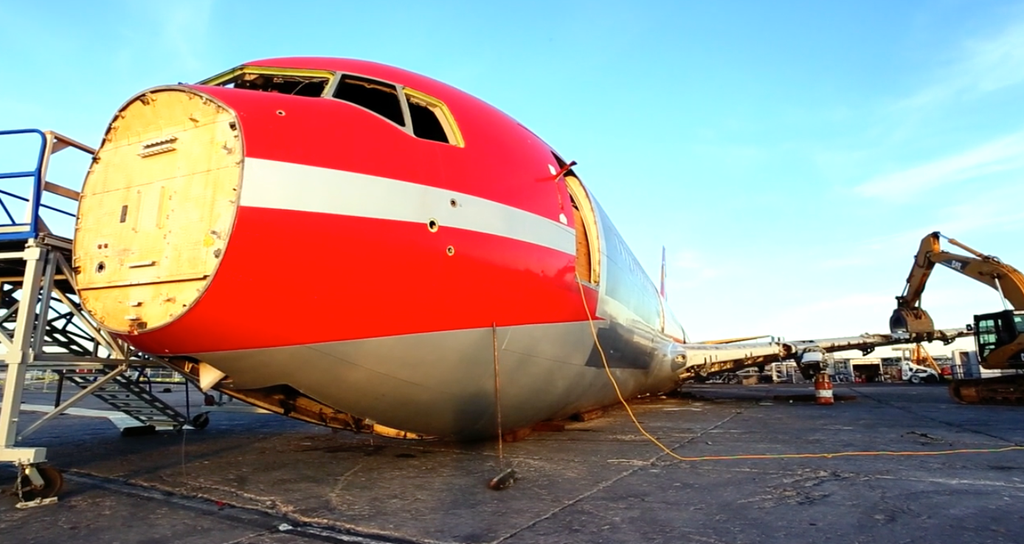
After China, Europe was the second region to be hit hard by the virus crisis. Its aviation sector was severely restricted but appears to be recovering strongly. By mid-July, virus mortality had slowed to a trickle in most European countries.
And intra-European daily flights, which dipped from nearly 20,000 before the virus crisis to a below 1,000 at its depth, have now recovered to about 10,000, according to RadarBox.
The recovery is showing up in the aftermarket as well. UK-based AerFin specializes in aircraft end-of-life services, offering leasing, technical consulting, trading and supply of equipment from entire aircraft through to piece-part components for European and North American customers.
Request for quotations recently jumped 15% month over month, reflecting the increase in European Air traffic, notes spokesperson Michael Brain.
“Though the used parts market demand remains well less than pre-Covid levels, we have seen a consistent sustainable demand for our inventory, recognizing we have no exposure to legacy, out-of- production products or widebody aircraft,” Brain says. The company focuses on Embraer RJs and Airbus and Boeing narrowbodies.
AerFin is also moving into tailored engine services, approved by EASA and with FAA approval pending. Brain says there is noticeable demand for minor engine MRO and storage from lessors and asset managers. “This demand has primarily been driven by aircraft and engine lease returns and transitions as lessors seek to cost-efficiently transfer aircraft assets between lessees or into customized storage programs.”
The virus crisis hit hardest Aerfin’s part sales to MROs as airlines avoided unnecessary work to conserve cash. But MROs are starting to ramp up now as airlines begin returning to the skies, and cost-conscious carriers look to used materials to save money.
Furthermore, “engine green-time leasing has been buoyant as operators seek cost-efficient short-term lease solutions to support return to service, while avoiding costly maintenance events.”
AerFin took advantage of the UK government’s job retention scheme and benefited from having a supportive private equity backer, CataCap. It thus did not have to reduce staff numbers during the crisis.
Its IT infrastructure enabled substantial remote working, and Brain predicts “remote working is here to stay and will change the way in which our teams interact and communicate in the future.” The company’s overall digital transformation was also accelerated by the crisis.





